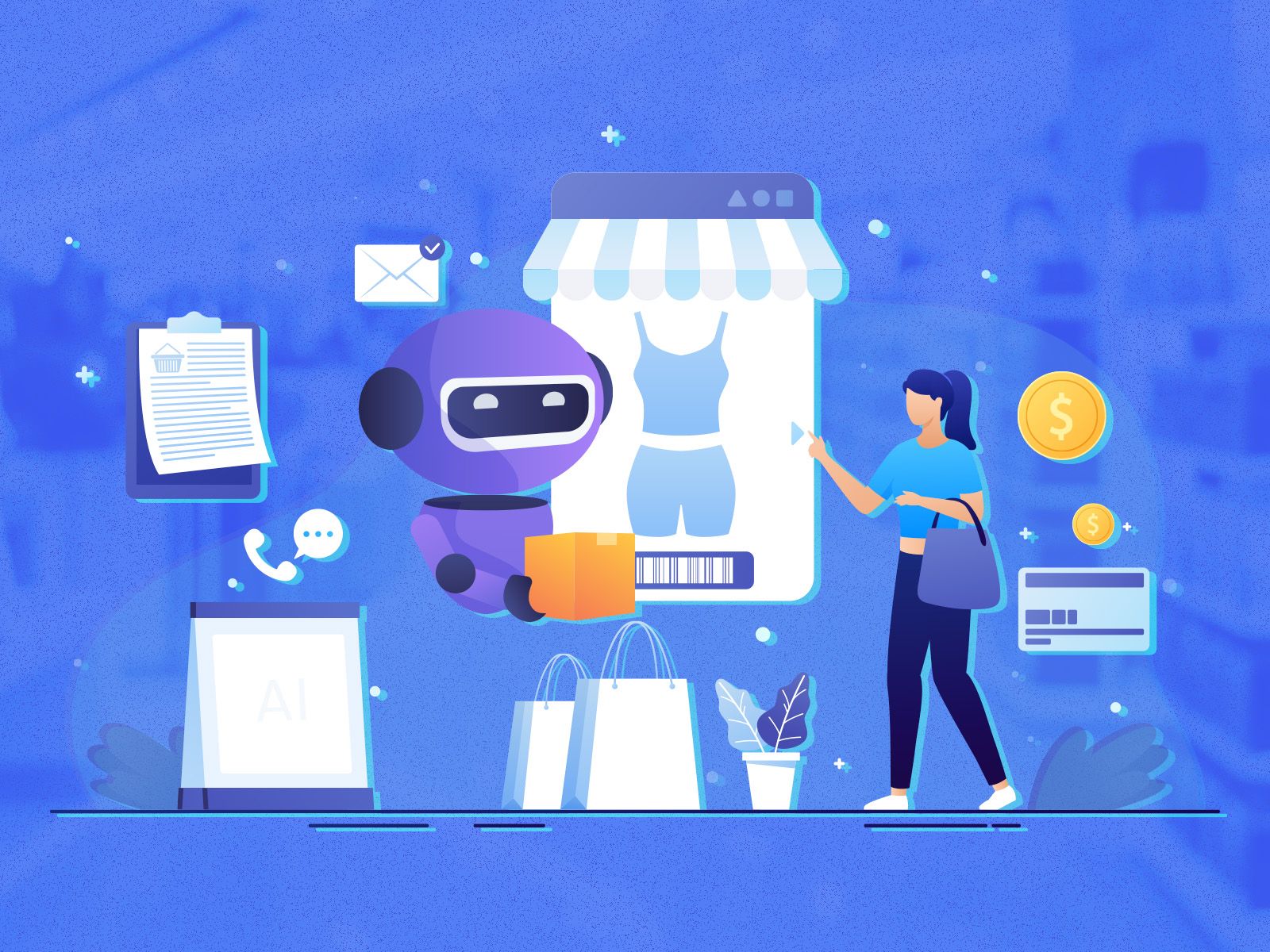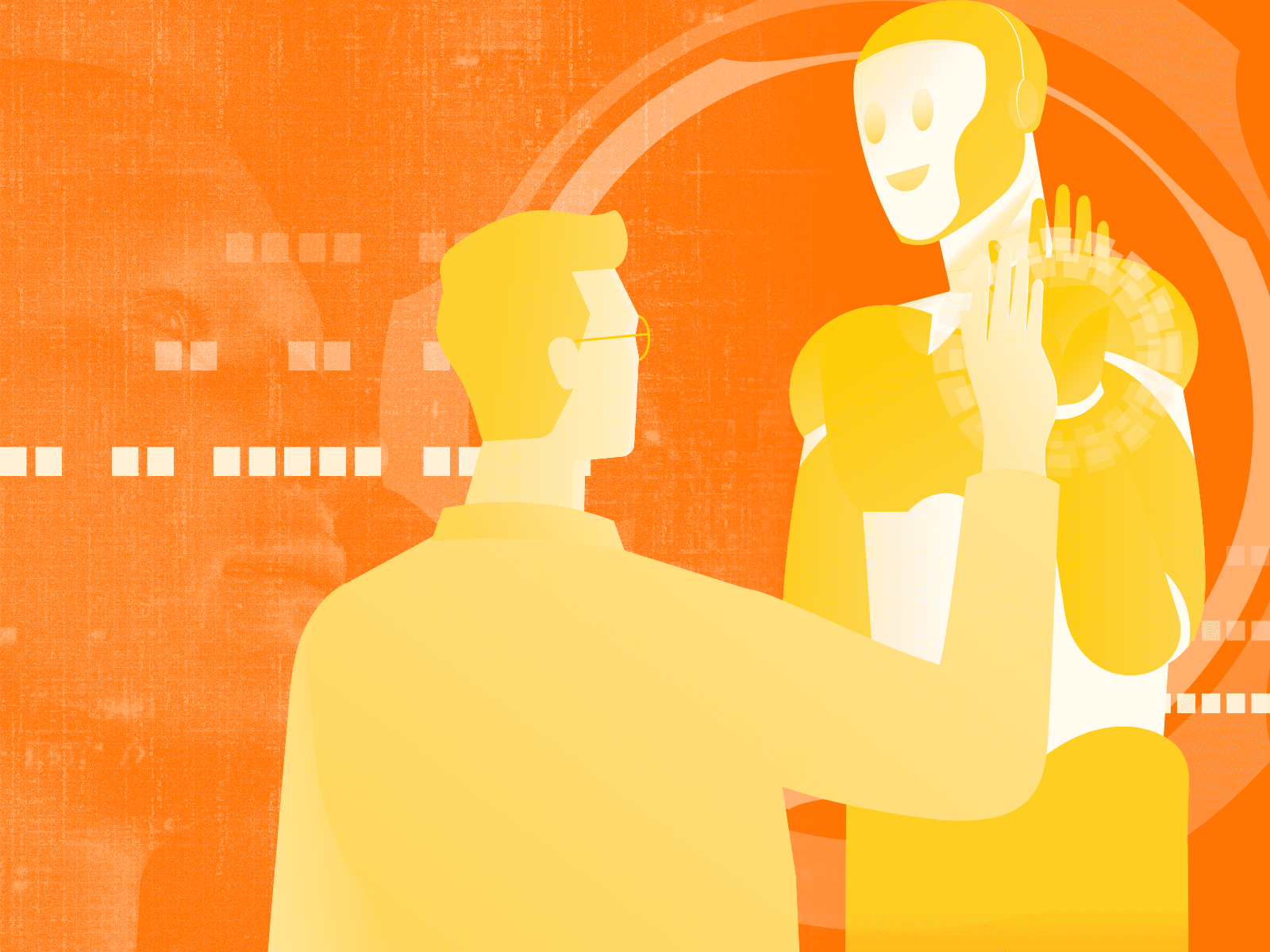What is Cognitive AI?

Illustration: © AI For All
Artificial Intelligence (AI) is a term that has seamlessly woven itself into our daily lexicon, thanks to the myriad of applications we interact with regularly. Yet, within this broad field, there's a niche that's pushing the boundaries of what machines can do: Cognitive AI. Instead of just executing tasks or following commands, imagine machines that can interpret, reason, and learn in ways eerily reminiscent of human cognition. Ready to explore this fascinating intersection of human-like thought and machine capabilities? Let's dive into the world of Cognitive AI.
Understanding Cognitive AI
At its essence, Cognitive AI is about creating systems that can simulate human thought processes. Instead of just executing predefined tasks, these systems can interpret, reason, learn, and even potentially exhibit a form of consciousness. It's the difference between a machine that can merely process data and one that can genuinely understand and derive meaning from it.
The Core Elements of Cognitive AI
Cognitive AI is built upon several foundational pillars that set it apart:
- Learning: Analogous to humans learning from experiences and education, Cognitive AI systems evolve by absorbing and interpreting data, refining their knowledge structures over time.
- Reasoning: Beyond just data processing, these systems can draw inferences, make decisions, and predict outcomes based on the information they've assimilated.
- Self-correction: A hallmark of cognitive systems, they can identify gaps or inaccuracies in their knowledge and make necessary adjustments, much like humans refining their beliefs.
Cognitive AI Applications
The applications of Cognitive AI are diverse and transformative:
- Healthcare: Cognitive systems are revolutionizing diagnostics. By analyzing patient data, medical histories, and vast medical literature, they can assist doctors in pinpointing diseases, sometimes even before symptoms manifest.
- Customer Service: Advanced chatbots, powered by Cognitive AI, can understand, empathize, and respond to customer concerns, offering solutions that feel personalized and intuitive.
- Finance: In the world of numbers and trends, Cognitive AI can dissect market behaviors, predict stock trajectories, and provide financial advice tailored to individual preferences and histories.
The Technological Marvels Powering Cognitive AI
Several groundbreaking technological advancements underpin Cognitive AI:
- Neural Networks: These are computational architectures inspired by the human brain's interconnected neurons. They enable machines to process, interpret, and even "dream" by recognizing patterns in vast datasets.
- Natural Language Processing (NLP): This technology bridges the communication gap between humans and machines. Through NLP, machines can comprehend, generate, and even feel the nuances of human language.
- Machine Learning and Deep Learning: These are subsets of AI that provide systems the ability to automatically learn and improve from experience, diving deep into data layers to extract insights.
Challenges in Cognitive AI
The path to perfecting Cognitive AI is laden with challenges:
- Data Privacy and Security: As these systems thrive on data, ensuring the privacy and security of user information is paramount.
- Bias and Fairness: If not trained with diverse and representative data, Cognitive AI systems can develop and perpetuate biases, leading to unfair or skewed outcomes.
- Ethical and Moral Dilemmas: As machines inch closer to human-like cognition, questions about their rights, the morality of their decisions, and their role in society become increasingly pertinent.
What's on the Horizon for Cognitive AI?
The future of Cognitive AI is shimmering with potential. As research deepens and technology evolves, we can anticipate even more sophisticated cognitive systems. These advancements could redefine industries, education, and daily life, making interactions with technology more intuitive and enriching.
Conclusion
Cognitive AI, with its aspiration to mirror the intricacies of human thought, stands as a testament to the boundless possibilities of technology. As we stand at this intersection of human cognition and machine intelligence, understanding the nuances, potential, and challenges of Cognitive AI becomes crucial. Whether you're a tech aficionado, an industry professional, or someone navigating the digital age, the world of Cognitive AI offers a treasure trove of insights, innovations, and opportunities.
Cognitive AI
Author
Ryan is the CMO and one of the Co-Creators of both AI For All and IoT For All. Before helping create the For All brands, Ryan has served as a founder, early-stage employee, and start-up advisor -- helping to build, market, raise funding for, and launch technology-related products and businesses — all leading to an ever-growing obsession with technology. Contact Ryan at [email protected].
Author
Ryan is the CMO and one of the Co-Creators of both AI For All and IoT For All. Before helping create the For All brands, Ryan has served as a founder, early-stage employee, and start-up advisor -- helping to build, market, raise funding for, and launch technology-related products and businesses — all leading to an ever-growing obsession with technology. Contact Ryan at [email protected].









